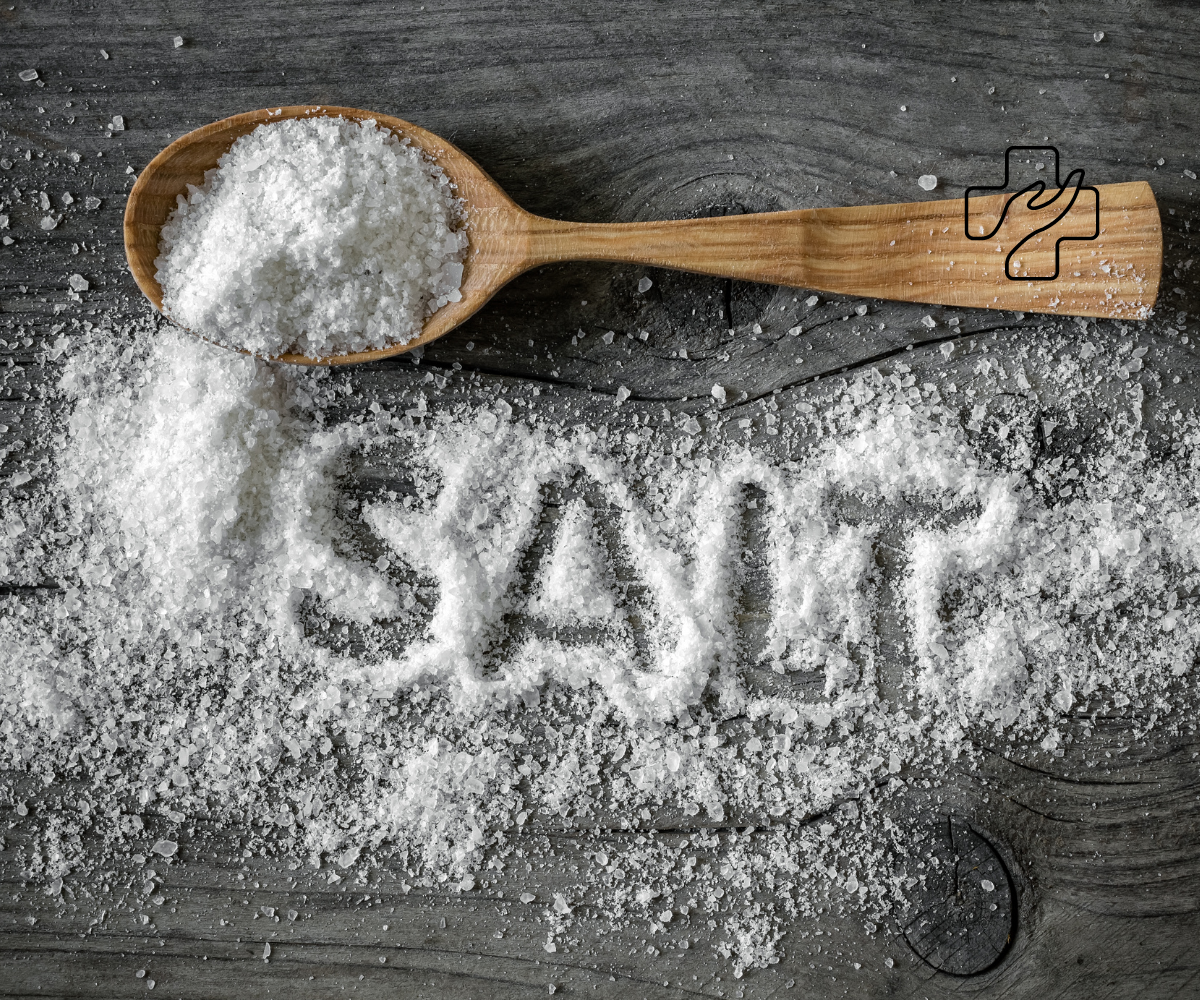Unlocking the Salty Truth: Understanding the Importance of Sodium in Your Diet
When we think about our diets, we often focus on macronutrients like carbohydrates, proteins, and fats. However, there is one essential mineral that plays a significant role in our overall health: sodium. Despite its bad reputation due to excessive consumption, sodium is a vital nutrient that our bodies need to function properly. In this article, we will dive deeper into the salty truth and unlock the importance of sodium in your diet.

Sodium is an electrolyte that helps regulate fluid balance, nerve function, and muscle contractions in our bodies. It plays a critical role in maintaining proper blood pressure and pH levels, as well as supporting the function of our cells. Without adequate sodium, our bodies would struggle to perform these fundamental functions, leading to potential health issues.
One of the primary functions of sodium is its role in maintaining fluid balance. Sodium works hand in hand with other electrolytes, such as potassium, to ensure that the right amount of water is distributed both inside and outside of our cells. This balance is crucial for proper hydration, nerve transmission, and efficient muscle function. Sodium helps prevent dehydration and supports the optimal functioning of our cardiovascular system.
Sodium also plays a vital role in nerve and muscle function. It helps generate electrical impulses that allow our nerves to communicate with each other and coordinate various bodily functions. Similarly, sodium is necessary for muscle contractions, including the beating of our heart and the movement of our skeletal muscles. Without sufficient sodium, these essential processes would be compromised, potentially leading to muscle cramps, weakness, and even heart irregularities.
Despite the importance of sodium, it’s crucial to strike a balance. While our bodies require sodium, excessive consumption can have negative effects on our health. High sodium intake has been linked to increased blood pressure, which is a significant risk factor for cardiovascular diseases like heart disease and stroke. It’s essential to consume sodium in moderation and be mindful of hidden sources of sodium in processed foods and restaurant meals.
So, how much sodium is recommended for a healthy diet? The American Heart Association suggests limiting sodium intake to no more than 2,300 milligrams (mg) per day, which is equivalent to about one teaspoon of salt. However, certain individuals, such as those with high blood pressure, may need to further reduce their sodium intake to promote better health.
To strike a balance in your sodium intake, consider these practical tips:
Read food labels: Be mindful of the sodium content in packaged foods and choose lower-sodium options whenever possible. Opt for fresh, whole foods that are naturally low in sodium.
Cook at home: By preparing meals from scratch, you have control over the amount of sodium you add. Use herbs, spices, and other flavorings to enhance the taste of your dishes instead of relying solely on salt.
Limit processed foods: Processed and convenience foods tend to be high in sodium. Minimize your consumption of items like deli meats, canned soups, and snack foods, which can contribute to excessive sodium intake.
Increase potassium intake: Consuming foods rich in potassium, such as fruits, vegetables, and legumes, can help counterbalance the effects of sodium on blood pressure. Potassium helps regulate fluid balance and supports heart health.
Practice mindful eating: Be aware of your portion sizes and the frequency of consuming high-sodium foods. Mindful eating can help you make conscious choices and reduce excessive sodium intake.
Hydrate properly: Staying well-hydrated can help maintain proper fluid balance in the body. Drink an adequate amount of water daily, especially during physical activity or in hot weather.
By understanding the importance of sodium in your diet and making conscious choices, you can optimize your health and well-being. Remember, moderation is key. Strive to strike a balance between meeting your body’s sodium needs and avoiding excessive intake. Consult with a healthcare professional or registered dietitian for personalized guidance on sodium intake, particularly if you have specific health concerns.
Unlocking the salty truth about sodium empowers you to make informed decisions about your diet, promoting a healthier and more balanced lifestyle. So, let’s embrace the significance of sodium and ensure we nourish our bodies with this essential nutrient while keeping its intake in check.


